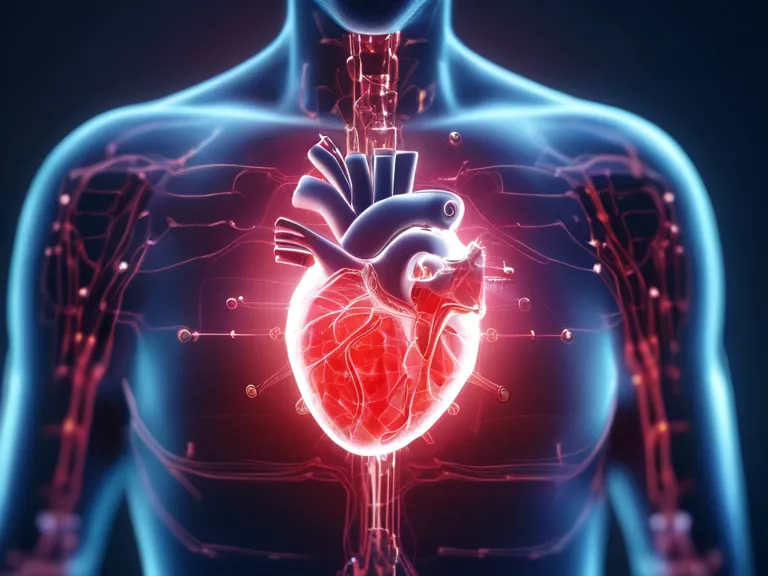
Artificial intelligence is revolutionizing the field of healthcare, particularly when it comes to early detection of cardiovascular conditions. From predictive analytics to image recognition, AI technology is helping to identify risk factors and potential issues before symptoms even appear. This article explores the impact of AI on the early detection of cardiovascular conditions and how it is changing the way healthcare providers diagnose and treat patients.
One of the key benefits of using AI in early detection of cardiovascular conditions is the ability to analyze vast amounts of data quickly and accurately. Machine learning algorithms can sift through patient records, genetic information, and even lifestyle factors to identify patterns and predict potential issues. This can help healthcare providers take proactive measures to prevent heart disease, strokes, and other cardiovascular conditions before they become more serious.
AI is also making significant strides in image recognition technology, particularly in the field of cardiology. By using deep learning algorithms, computers can analyze medical images such as MRIs or CT scans to identify potential abnormalities that might be missed by human eyes. This can lead to earlier detection of heart problems and more effective treatment plans.
Furthermore, AI is helping to personalize medicine by creating tailored treatment plans based on individual patient data. By taking into account genetic factors, lifestyle choices, and other variables, AI algorithms can recommend specific interventions and medications that are most likely to be effective for each patient. This personalized approach can lead to better outcomes and improved patient satisfaction.
In conclusion, the impact of AI on early detection of cardiovascular conditions is profound and far-reaching. By leveraging the power of machine learning and image recognition technology, healthcare providers can identify risk factors, detect abnormalities, and create personalized treatment plans that can save lives. As AI continues to advance, we can expect even greater improvements in the early detection and treatment of cardiovascular conditions in the years to come.



